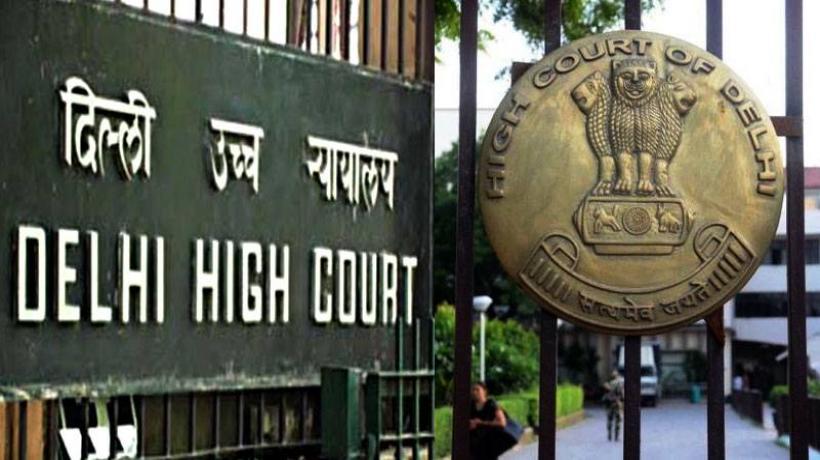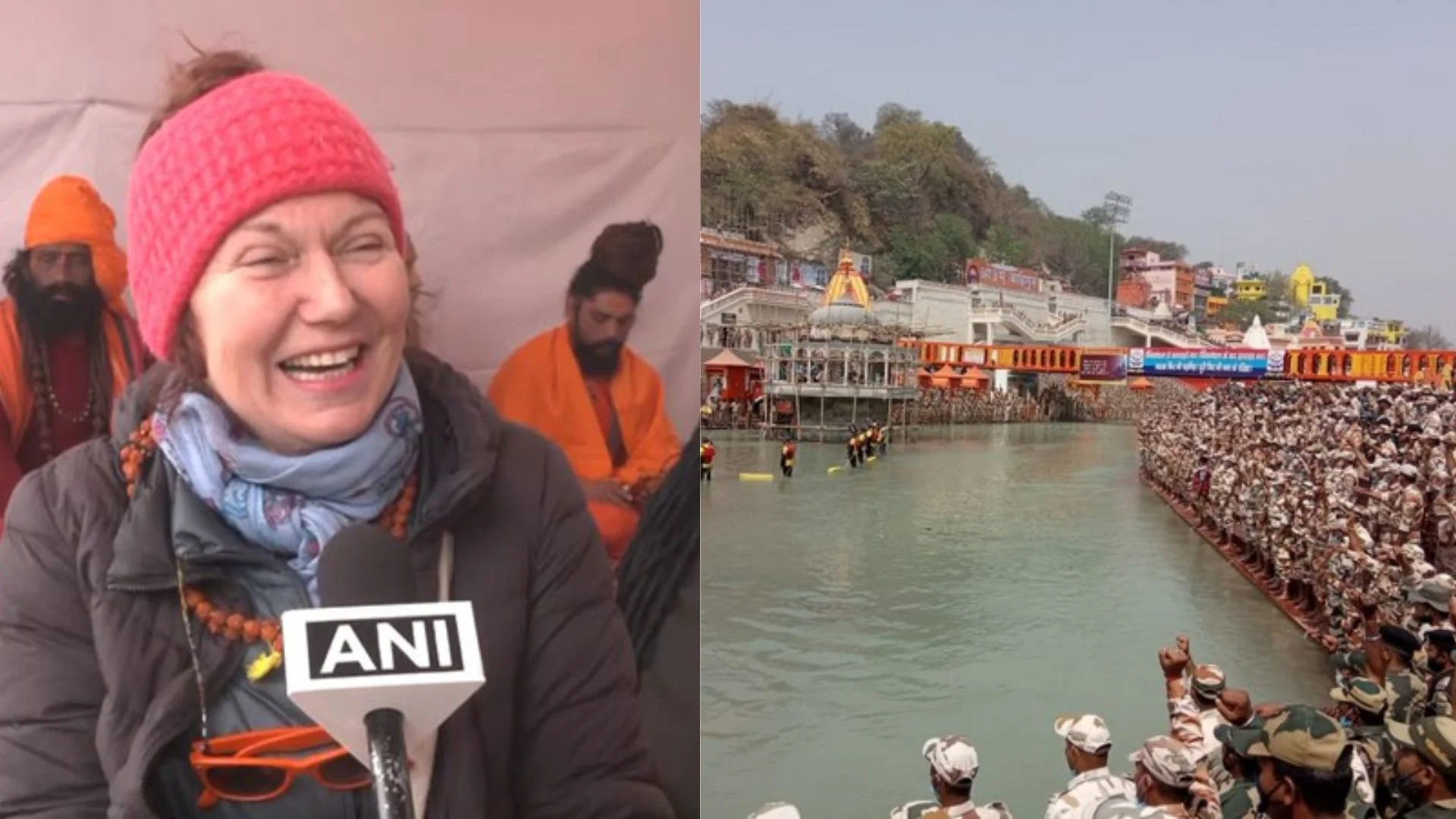The family court of Delhi has recently granted divorce to cricketer Shikhar Dhawan and her estranged wife and said the petitioner (Shikhar Dhawan) is entitled to a decree of divorce on the grounds of cruelty.
The family court judge, Harish Kumar, while dissolving their 11-year-old wedlock, stated, “There is no dispute that both parties had agreed to take divorce by mutual consent and that their marriage is otherwise dead long ago and they have not been living as husband and wife since August 8, 2020.”
The court added, “The respondent’s or estranged wife’s intentional decision to leave this matter uncontested also shows her desire that the court should pass a decree of divorce even at the cost of holding her guilty of the matrimonial offense as she knows that no harm could be caused to her even if she is held to have treated the petitioner with cruelty because she has already obtained sufficient favorable orders from the Federal Circuit and Family Court in Australia,” the court said.
“This thought of her has given her the courage to not abide by the order dated March 2, 2023, and June 6. 2023 of this court deliberately and intentionally. Hence, based on the facts and circumstances of the present case as discussed above, petitioners are entitled to a decree of divorce on the grounds of cruelty.”
Furthermore, the court stated that the decree of divorce on the ground enumerated in Section 13(1)(a) of the HMA is hereby passed, thereby dissolving the marriage between parties herein, performed on December 30, 2012, according to Sikh rites on November 30, 2012, at Gurudwara, Nelson Mandela Marg, Vasant Kunj, New Delhi.
The Court noted that the petitioner has also prayed for the grant of permanent custody of his minor son, submitting that it was morally, psychologically, and mentally disastrous for the minor son to be with the respondent, who consistently acted detrimentally to his welfare right from his birth.
Additionally, it has also been submitted that since a criminal case is pending against the respondent, said fact is an important factor weighing in favor of the petitioner.
The issue of custody in the present case is comparatively more complicated than any other case, not on merit but for other reasons. In the present case, the court in Australia directed the petitioner herein to withdraw all his claims qua custody of the child pending before this court.
Previously, on March 2, 2023, this court, vide order dated, directed the respondent herein to withdraw her proceedings qua the custody of the child in the Court in Australia, primarily for the reason that the petitioner herein had first started the proceedings qua custody here in India, whereas the Court in Australia ruled in its favour following the “doctrine of forum convenience”.
The court stated, “The child is an Australian citizen and is in Australia. Any order or judgement can be implemented in foreign territory effectively only if the state machinery of that foreign country is willing to implement the same either voluntarily or under international obligations.”
The Court stated in an order, “In the meantime, subject to the academic schedule of the child, the respondent is hereby directed to bring the child to India for visitation purposes, including an overnight stay with the petitioner and his family members, at least for half the period of school vacation during the academic calendar. Subject to the academic schedule of the child, the respondent is further under obligation to let the child have unsupervised meetings with the petitioner in Australia for sufficient duration as and when he visits Australia with advance intimation.”
Through his plea, Shikar Dhawan stated that he discovered post-marriage that the primary reason for the respondent to induce the petitioner into marrying her was merely to extort crores of rupees from him.
Shortly after the marriage, the respondent threatened to fabricate defamatory and false material against the petitioner and circulate the same to destroy the reputation and cricketing career of the petitioner if he didn’t comply with her demands for money.
Shikhar Dhawan stated in his plea, “The petitioner bought three immovable properties in Australia from his own funds but was compelled by the respondent to make her the 99% owner of one property and the joint owner of two properties.

















